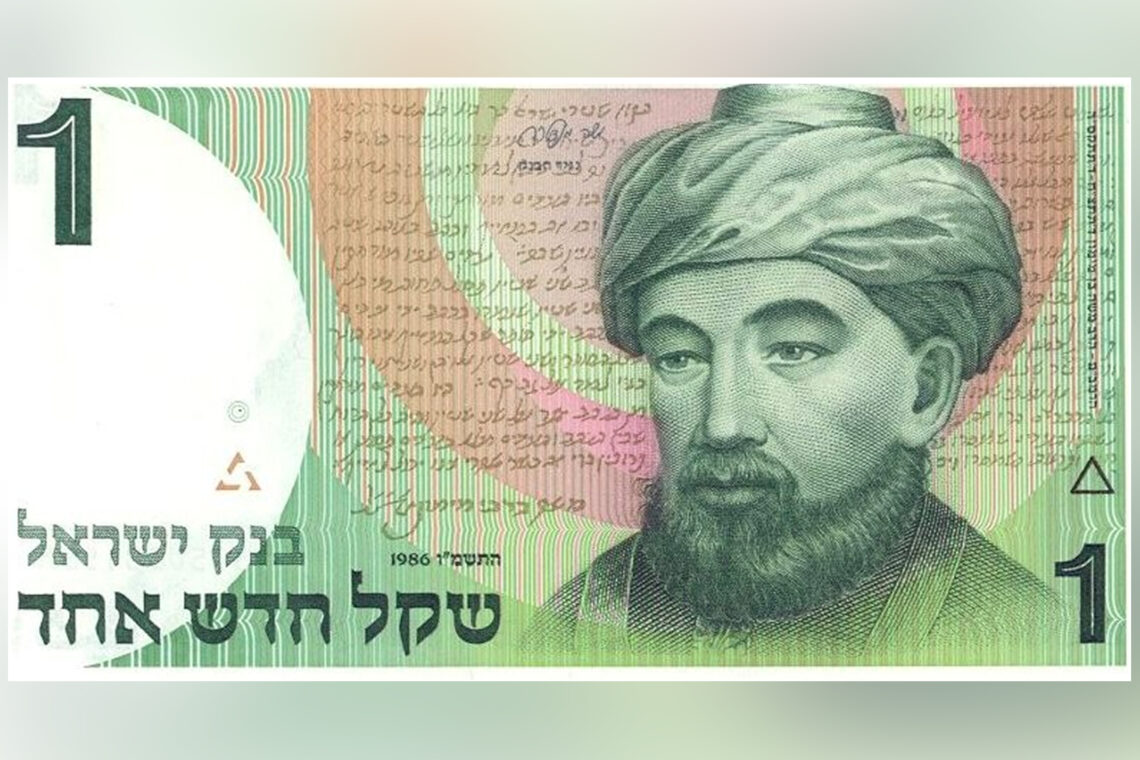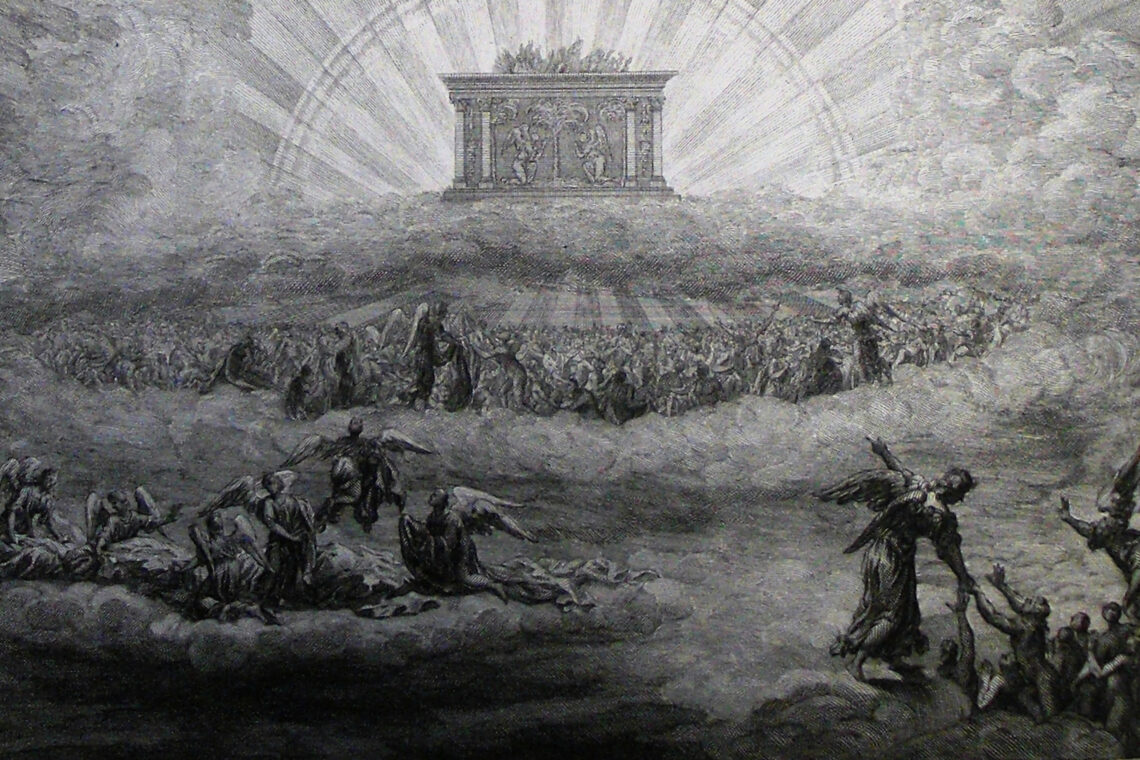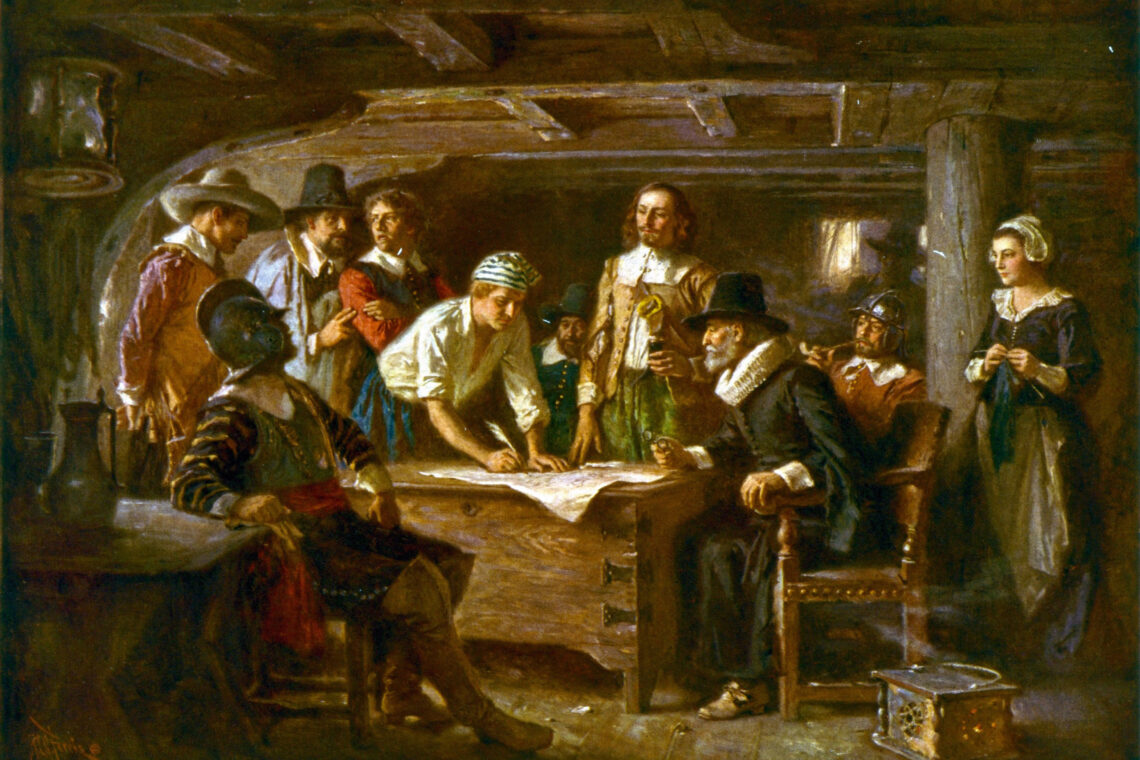The 2012 U.S. presidential election was most intriguing for what was relatively absent from the debates. We didn’t hear much about President Barack Obama’s hidden Islamic faith, although an exchange with Governor Mitt Romney on that issue would have been most interesting. We all know about the President’s filial connection to his Muslim Kenyan father, his early childhood in Muslim-majority Indonesia, and the vague connections of Islam with the African-American community, but few would think of connecting Romney to Islam, the same way many Americans have done, and continue to do, in the case of President Obama. It is this attitude that many a student of American history would find fascinating because if there is one American Christian religion that has been closely associated with Islam it certainly is Mormonism.
I was reminded of this fact recently when I read in a review of John Turner’s biography of Brigham Young, the man who built the Mormon Church. The review states that when Joseph Smith, the founding prophet of Mormonism, was killed by a mob in 1844, the New York Herald wrote: “The death of the modern Mahomet will seal the fate of Mormonism.” The Herald, perhaps the most powerful American newspaper in its day, was merely reflecting a widespread perception.
When Mormonism erupted on America’s religious scene, it was so despised that it could only have been compared to Islam, America’s perennial villain. Just like President Obama is perceived to be an agent of Islam in America, the Mormon faith was seen as a Muslim conspiracy. Joseph Smith, according to historian Matthew Carr, was called “the Yankee Mahomet” or “the American Mahomet.” The long journey of the Mormons to Utah was compared to a hijra, Prophet Mohammed’s history-changing migration to Medina. Mormon wives were described as houris, the celestial beauties awaiting good Muslim men, including martyred terrorists, in paradise. The Book of Mormon was nothing less than a new Koran. Brigham Young, who took over after Smith’s death, was also called “the New World Mohammed” and “the Mahomet of Salt Lake.” His marriage to over fifty women didn’t make him look exactly like a New England Puritan.
Polygamy strengthened the association of Mormonism with Islam. When Frances Willard, the president of the Woman’s Christian Temperance Union, published a book about Mormon women in 1882, she wrote that Mormonism does not even try to disguise its Islamic influences. “Modern Mohammedanism has its Mecca at Salt Lake, where Prophet Heber C. Kimball speaks of his wives as ‘cows.’ Clearly,” she added, “the Koran was Joseph Smith’s model, so closely followed as to exclude even the poor pretension of originality in his foul ‘revelation.’ ”
To think that 19th-century Americans thought of Mormonism as a Muslim conspiracy is not just ironic in the context of the last election; it is also, and more importantly, a lesson in hope. It is proof that prejudices change over time. Mormonism is still reviled in some evangelical quarters, but to see Governor Romney getting so much support from Mormonism’s erstwhile enemies is a heartening story. In a way, it has the same effect as that of electing a black man to the U.S. presidency.
The 2012 presidential election offered us an even more dramatic event than the last one in 2008. At that time, African-American Obama was running against a mainstream American man. Obama won and many cheered for the never-ending promise of America. This time around, we were treated to the spectacle of two men, each belonging to a historically persecuted group, fighting tenaciously to lead America in the next four years.
As to the long conflict between American values and the theology of Islam, the winner is obvious. Given their backgrounds, neither man—Obama or Romney—would ever have a chance to ascend to ultimate leadership in most of the world, let alone in Muslim-majority countries. It is practically impossible for a Shiite, Christian, or Jew, for instance, to become president of Iraq, Egypt, or Tunisia. In America, on the other hand, such a possibility was envisaged, at least theoretically, by the founders more than two centuries ago.
When Thomas Jefferson wrote the Declaration of Independence in 1776 and the U.S. Constitution was drafted in 1787, blacks were not considered fully human and there was no Mormon Church. Today, and for the next four years, a black man will, once again, be president of the United States and leader of the free world.
Regardless of ideology, Obama’s victory is America’s triumph.




Once again, thank you, Professor Majid for your insightful and fascinating article. It was a revelation to me to learn the facts surrounding Mormonism and Islam.